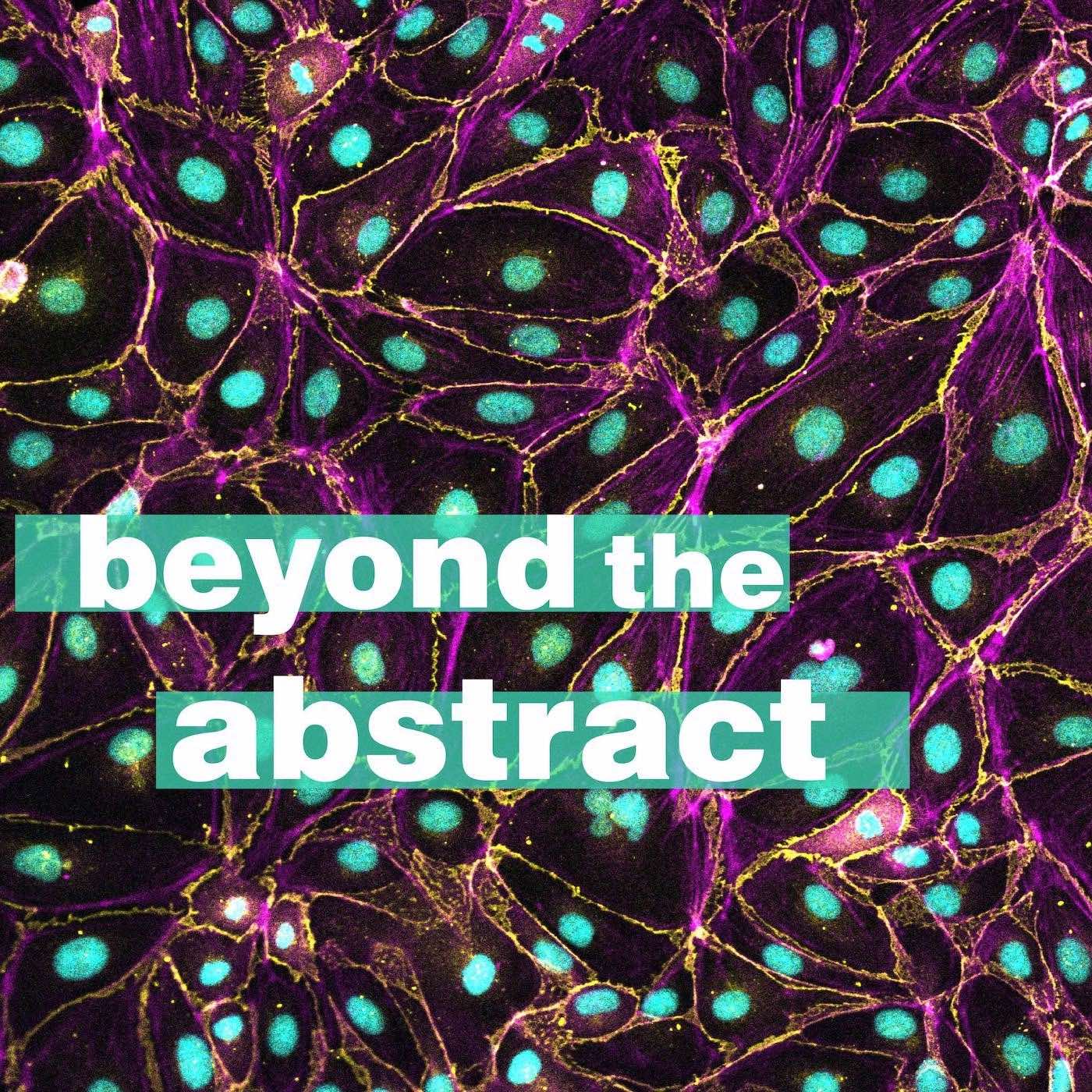Mind the Placenta: Linking Placenta Dysfunction to Autism
Description
The placenta is a transient organ of pregnancy that supports fetal growth and organ development. Placental dysfunction underlies many developmental defects, but this connection is poorly understood. Furthermore, many neuropsychiatric disorders, such as autism spectrum disorder, are linked to altered brain development and are more common in men than women for unknown reasons. In this episode, Derek and Dan talk about a new paper that explores a new role for the placenta in autism spectrum disorder and how secreted placental hormones can influence brain development and even explain certain sex differences in autism. Understanding how early developmental events can affect sex-specific development gives insight to potential therapeutic interventions for neuropsychiatric disorders.
Vacher et al. Placental endocrine function shapes cerebellar development and social behavior. Nature Neuroscience, October 2021. DOI: 10.1038/s41593-021-00896-4
The information presented here is not medical advice. Consult your physician on any questions regarding your personal health.
More Episodes
Thousands of patients in the US die every year waiting for an organ transplant, often because there are not enough human organ donors. Xenotransplantation — transplantation from another species to humans — could solve this problem, but has remained the realm of science fiction given many...
Published 04/08/24
Published 04/08/24
While almost all women experience nausea and vomiting during pregnancy, few are debilitated by severe symptoms: a condition known as hyperemesis gravidarum (HG). HG has been stigmatized and neglected by the biomedical community, with limited research funding for developing effective treatments....
Published 02/27/24


